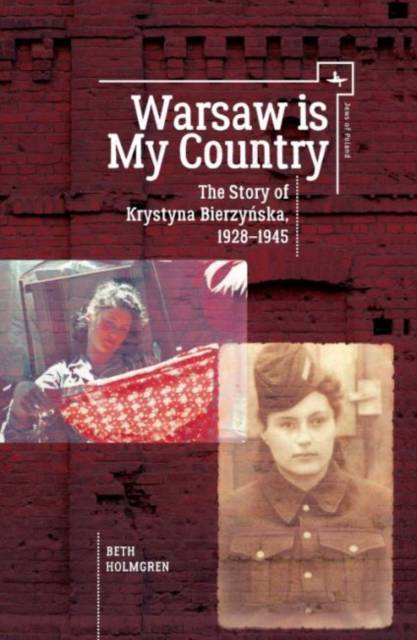
- Afhalen na 1 uur in een winkel met voorraad
- Gratis thuislevering in België vanaf € 30
- Ruim aanbod met 7 miljoen producten
- Afhalen na 1 uur in een winkel met voorraad
- Gratis thuislevering in België vanaf € 30
- Ruim aanbod met 7 miljoen producten
Zoeken
€ 175,95
+ 351 punten
Uitvoering
Omschrijving
This story of Krystyna Bierzyńska, an acculturated Polish Jew, explores how she survived the Holocaust thanks to the efforts of her Jewish and surrogate Christian families and served in the 1944 Warsaw Uprising. Bierzyńska's is a Warsaw story that demonstrates how, in urban interwar Poland, acculturated Jews at last dared to believe that they qualified as Polish patriots.
Specificaties
Betrokkenen
- Auteur(s):
- Uitgeverij:
Inhoud
- Aantal bladzijden:
- 132
- Taal:
- Engels
- Reeks:
Eigenschappen
- Productcode (EAN):
- 9781618117588
- Verschijningsdatum:
- 20/02/2018
- Uitvoering:
- Hardcover
- Formaat:
- Genaaid
- Afmetingen:
- 156 mm x 234 mm
- Gewicht:
- 362 g

Alleen bij Standaard Boekhandel
+ 351 punten op je klantenkaart van Standaard Boekhandel
Beoordelingen
We publiceren alleen reviews die voldoen aan de voorwaarden voor reviews. Bekijk onze voorwaarden voor reviews.











